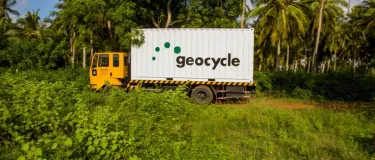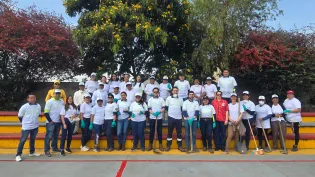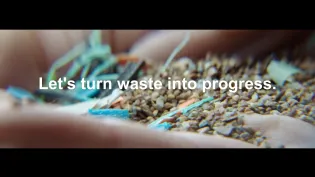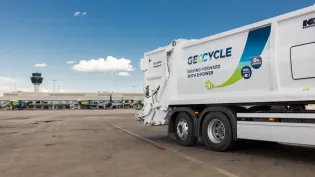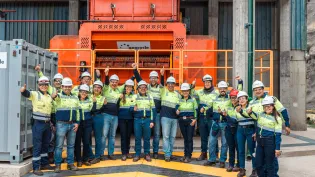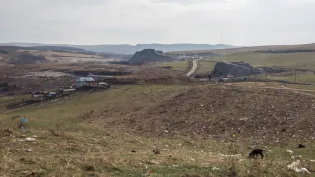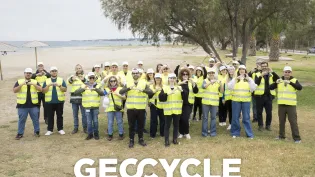Facilitating post-flood waste recovery in Greece
After a period of heavy rain, the Thessaly region in Greece faced unprecedented flooding. Local communities were left with huge amounts of debris to clear.
Geocycle Hellas assisted with waste and aggregate disposal to support the clean-up effort, help the local community and recover materials for reuse.
Managing the local risks of flooding
In September 2023, the equivalent of 18 months of rain fell in Thessaly, Greece, destroying agricultural land, roads and railways. The flood covered more than 1,100 km2 of land north of Mount Olympus.
Due to high costs and the country’s debt crisis, many flood protection projects – including reservoirs and the removal of debris from previous floods – have been stalled for decades.
Poor waste management following a flood can lead to further contamination of water and soil, causing adverse health effects. Build-up of debris can also contribute to blocked roads and additional safety hazards, compounding the impact on the local community.
Effective waste management solutions are essential to mitigate health risks caused by flooding and ensure the well-being of the local communities.
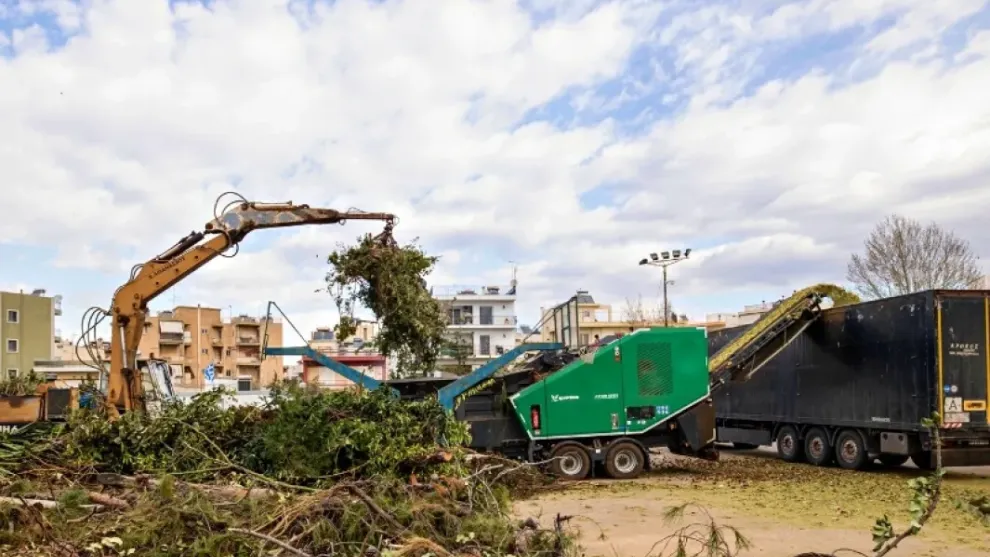
Supporting municipal clean-up efforts
Responding to the immediate need for municipal waste management following the flood, Geocycle Hellas provided heavy-duty equipment to the local authorities to support clean-up efforts. This included ambulances, loaders and water trucks.
More than 35,000 tons of mud, rocks and other debris were collected from rivers, houses and streets. This material was then sent to Geocycle to be processed.
Aggregates were recovered and recycled in one of the two Geocycle facilities located in Greece to become alternative fuels or to be added to the cement mix.
Our work in Greece testifies to our teams’ commitment to making a positive impact in local communities while transforming waste into resources.



